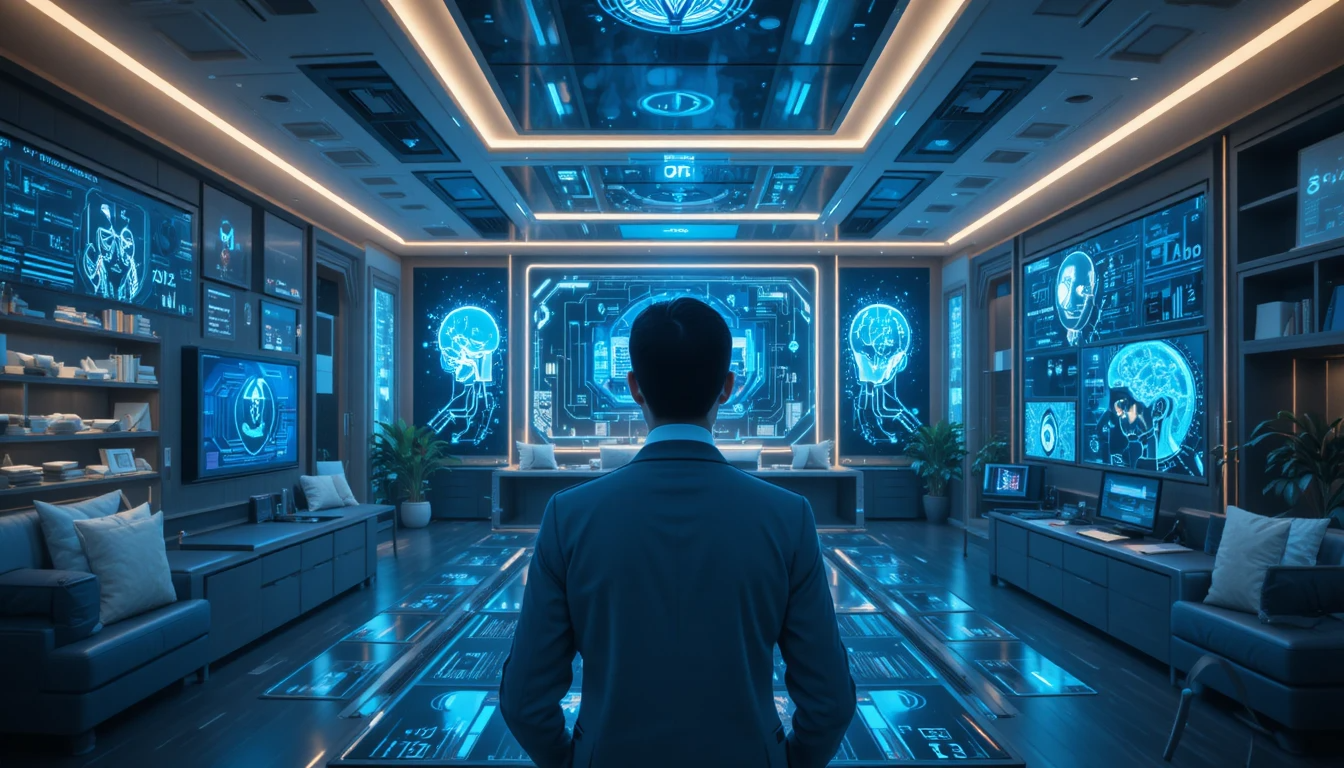I’ve always been amazed by how technology evolves, but what fascinates me most is how AI is quietly becoming part of everything we do. From our phones to our cars, AI is turning ordinary devices into smart companions that learn, adapt, and even anticipate our needs.
Artificial Intelligence is no longer limited to research labs or futuristic movies. In 2025, it powers nearly every piece of technology we touch — from smartphones that predict your next action to wearables that monitor your health in real time.
The integration of AI with the Internet of Things (IoT) is revolutionizing how our devices communicate. Homes can now learn your preferences — adjusting lighting, temperature, and even background music based on your mood. Cars are becoming safer through predictive driving systems that sense potential hazards before you do.
In business and education, AI assistants are improving productivity by automating repetitive tasks, summarizing meetings, and even offering creative suggestions. This frees people to focus more on strategic thinking and innovation.
However, as AI grows more capable, it raises important questions about privacy, ethics, and control. The goal moving forward is not just building smarter machines, but creating technology that respects human values.
AI doesn’t replace people — it empowers them. The true innovation of 2025 lies in designing technology that understands, supports, and collaborates with us.
Conclusion:
As AI continues to evolve, the challenge will be ensuring it works for humanity, not around it. The most powerful technologies are those that make life more human — not less.
